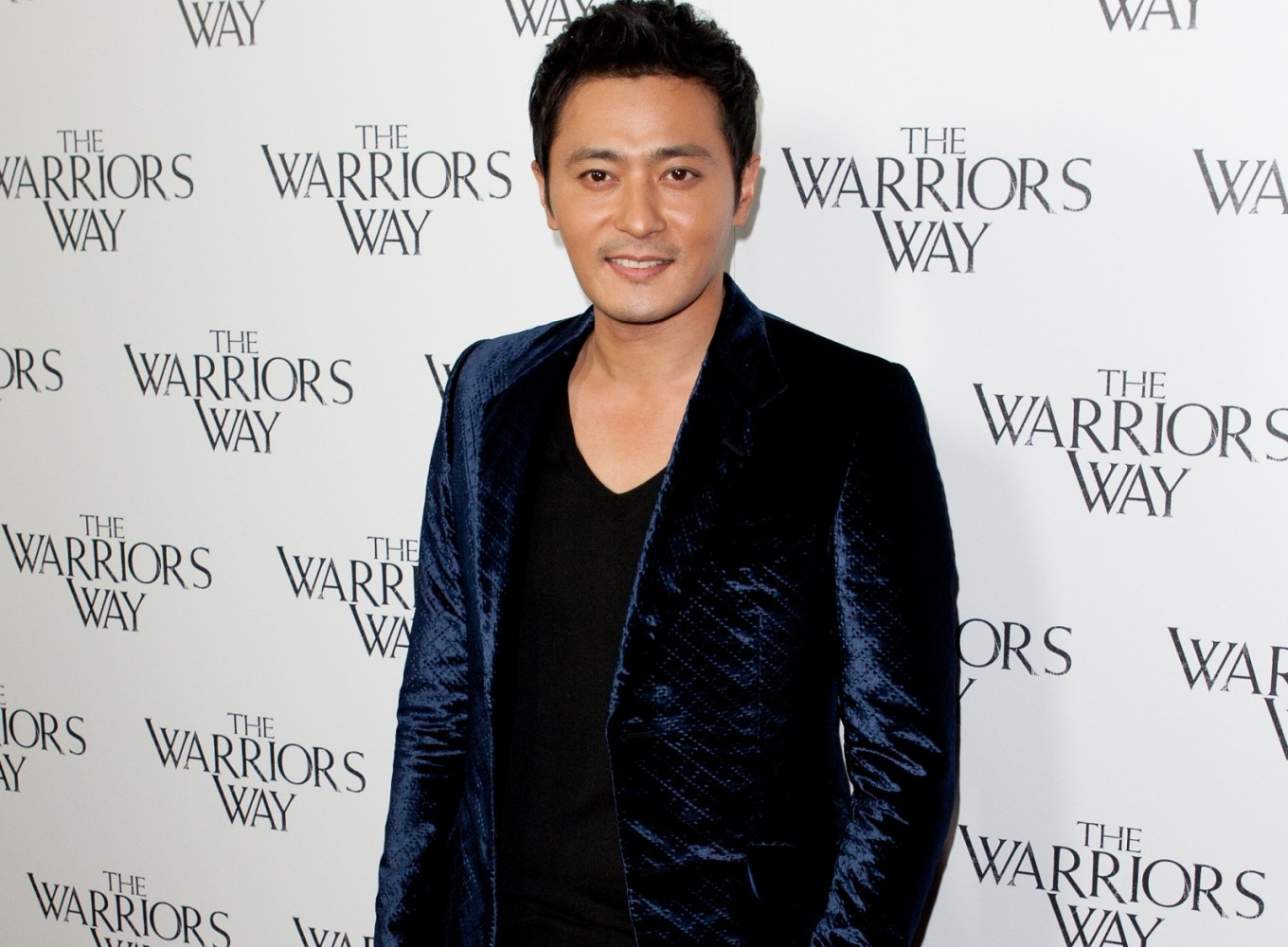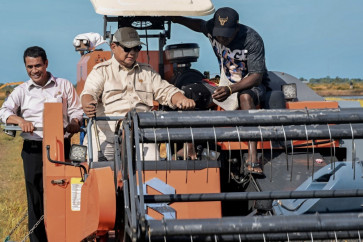Popular Reads
Top Results
Can't find what you're looking for?
View all search resultsPopular Reads
Top Results
Can't find what you're looking for?
View all search resultsJang Dong Gun back on small screen in K-drama remake of 'Suits'
Change text size
Gift Premium Articles
to Anyone
T
he South Korean police drama Live opens with busloads of trainee officers sitting cross-legged on the pavement on a snowy night, shoveling down dinner before an operation, shivering.
Regular police work, stripped of glory and scrubbed of heroism, is one of the show’s subjects. And these men and women in uniform are regular people, who have slogged away for years to pass an entrance exam and endured months at a police academy just to do this work – from suppressing protests to cleaning up after drunken, projectile-vomiting civilians.
There are youngish individuals, such as Jeong O (Jung Yu Mi) and Sang Su (Lee Kwang Soo), who are training to be police officers as a last resort, after a series of no-hope McJobs and no-good employers.
There are veterans such as Yang Chon (Bae Seong Woo), a trainer who gives the trainees hell in an early episode. But the show quickly humanises him, almost as soon as he drives out of the academy.
He is a detective, a husband, a father and, sometimes, as his mentor puts it, “that idiot”. A guy who takes risks, misjudges situations and can be wrong-footed by the grim calculus of police work: Is a life worth saving or a job worth doing, for instance, if it means putting a colleague’s career or life on the line?
Live is by writer No Hee Kyung, who specializes in broken people and fractured relationships. One of her best dramas, It’s Okay, That’s Love (2014), is that rare thing, a mental health romcom that actually works.
Dear My Friends (2017) is a closely observed and warmly felt show about elderly people and long-time relationships in various degrees of disrepair, though the drama is also tricked out with unnecessary eye candy.
Read also: Jang Dong-gun to blur line between good and evil in ‘Seven Years of Night’
Live is more pared-down and focused. It stays close to Jeong O and Sang Su, who become patrol officers and go about the daily business of keeping a district safe, sometimes armed with no more than stun guns.
And it keeps an eye on the human cost of all their decisions made on the fly. They are public servants, but also just people holding down jobs.
It is their duty to protect the public, but the show wonders: Who’s protecting the men and women in uniform?
In the Korean version of the American legal drama Suits, there are all kinds of suits. There are people in suits. There are lawsuits. There are suits, as in impersonal, influential people.
And there is also less zing than in the original.
The Korean show has a busy soundtrack – it sometimes seems intent on being a legal drama you can dance to – and yet it is less brisk and talky.
What’s missing is the exhilaration of all that talk, the sense that two mavericks, an unprincipled lawyer (Jang Dong Gun) and his rule-breaking associate (Park Hyung Sik), can talk their way into, out of and around dangerous situations.
The characters are different too. Park’s character isn’t a junkie, unlike his American counterpart, and has less to prove. Jang’s character is a legal shark in the original, but feels more like a namby-pamby herbivore here.
Likewise, the Korean Suits has style, but not so much bite.











